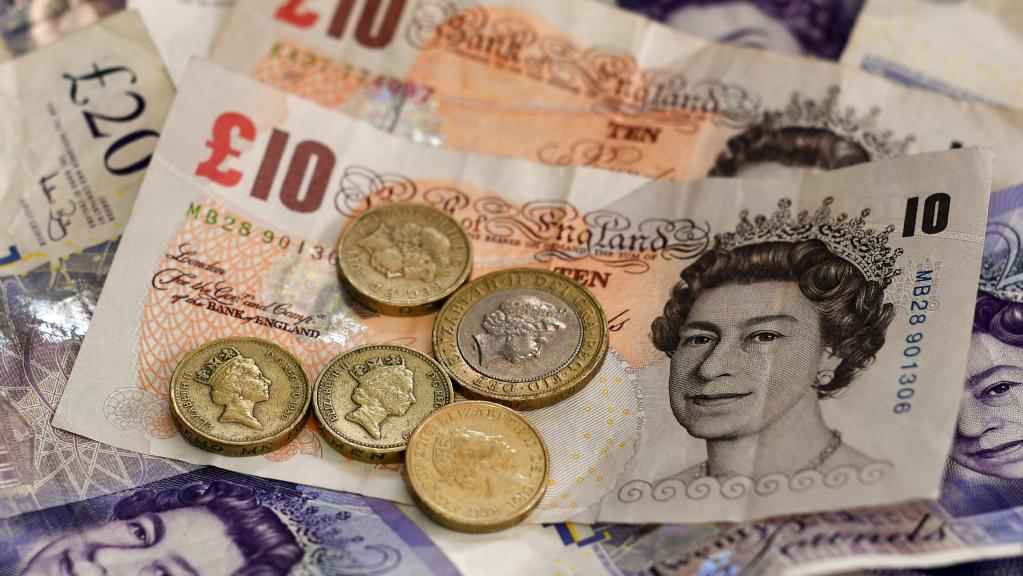The British Pound Sterling dropped against the dollar on Monday, January 29, as investors worried about political uncertainty in Britain as it emerged that Prime Minister Theresa May was facing a fresh challenge in pushing through her Brexit plans.
Having climbed more than 4.5 percent since the start of the year, the pound was still on track for its strongest month against the dollar since July 2010.
But sterling was down 0.3 percent on Monday at $1.4110. Against the euro, it was 0.2 percent weaker at 87.95 pence.
Following reports at the end of last week that May was facing another leadership challenge, the House of Lords Constitution Committee said on Monday that May’s legislation to end Britain’s European Union membership had “fundamental flaws”.
Britain is due to exit the EU on March 29, 2019, but there are deep divisions inside the government and May’s Conservative party about what sort of relationship should replace 46 years of membership.
Until now, however, those divisions have not appeared to rattle investors, with the currency surging against both the dollar and on a trade-weighted basis since the end of last year.
Data on Friday showed speculators added to their bets on the pound strengthening further in the most recent week, with net-long positions at their highest since mid-2014.
“The pound has softened due to heightened speculation that Theresa May could face a leadership challenge,” said MUFG currency analyst Lee Hardman
“Political uncertainty would be an unwelcome development as the Brexit talks enter a more crucial phase, (and) poses a potential banana skin for the pound after recent gains,” he added.
Having reached its highest level since late June 2016 last week, sterling’s trade-weighted index slipped to a six-day low.
One-month sterling risk reversals, which indicate how investors are positioned towards the currency during that period, slipped to their lowest in twelve days, having hit their highest since 2012 last week.
But many investors are still upbeat about the pound. Data last week showed Britain’s economy unexpectedly picked up speed in the last three months of 2017, adding to the view that the hit from the Brexit vote in June 2016 was not as bad as some had expected.
“Sterling embodies a range of potential outcomes for Brexit. That includes the risk of a hard Brexit,” wrote Berenberg UK economist Kallum Pickering in a note to clients.












